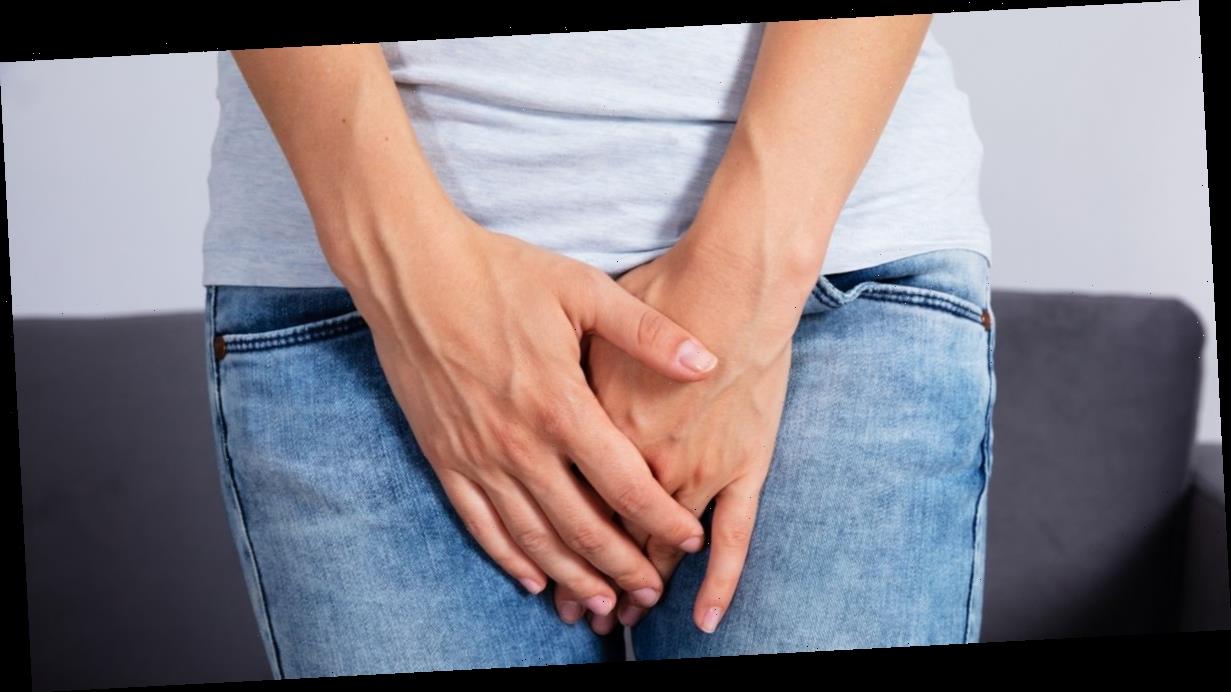While tobacco is usually associated with smoking, a worrying trend has seen some women putting tobacco in their vaginas in the hopes to boosting their sex drive.
The practice is popular in West Africa, where tobacco is often referred to as the ‘miracle recipe’ to ‘send your man to seventh heaven’.
However, doctors have warned against the practice, which can lead to a range of complications including ulcers and abnormal menstruation.
Speaking to SciDevNet , Professor Pascal Foumane, a gynaecologist at the University of Yaoundé, explained: “These products often create ulcers which, by scarring, shrink the vagina, make it hard and can go so far as to close it completely.
“It can even make the normal flow of menstruation impossible.”
-
Having sex once a week can reduce your risk of early menopause, study shows
-
Why you should NEVER put foods in your vagina, according to sexual health expert
Experts believe that tobacco could give users tingling a feeling due to the retraction of the vaginal muscles when in contact with its chemical components.
However, Abdoulaye Diop, a gynaecologist-obstetrician in Dakar, warned: “This feeling is transient and misleading, because the vaginal mucosa that is attacked will eventually develop changes that are the gateway to cancer.”
Worryingly, vaginal tobacco can also cause complications during childbirth if used by pregnant women.
Aminatta Seck, a midwife stationed in Sédhiou, said: “They had too great an increase in the rate of uterine contractions, which sometimes caused a decrease in oxygenation in the fetus, resulting in stillbirth or, in other cases, neonatal death.”
The warning comes shortly after experts warned against putting any foods in your vagina.
Speaking to Mirror Online, Bethany Fawcett, Contraception and Sexual Health Nurse for young people's sexual health and wellbeing charity, Brook said: “It’s never a good idea to put food in your vagina, or around your vulva.
“Doing so can disrupt the pH of the vagina and potentially lead to urinary tract infections, yeast infections or bacterial vaginosis (BV).”
Source: Read Full Article




